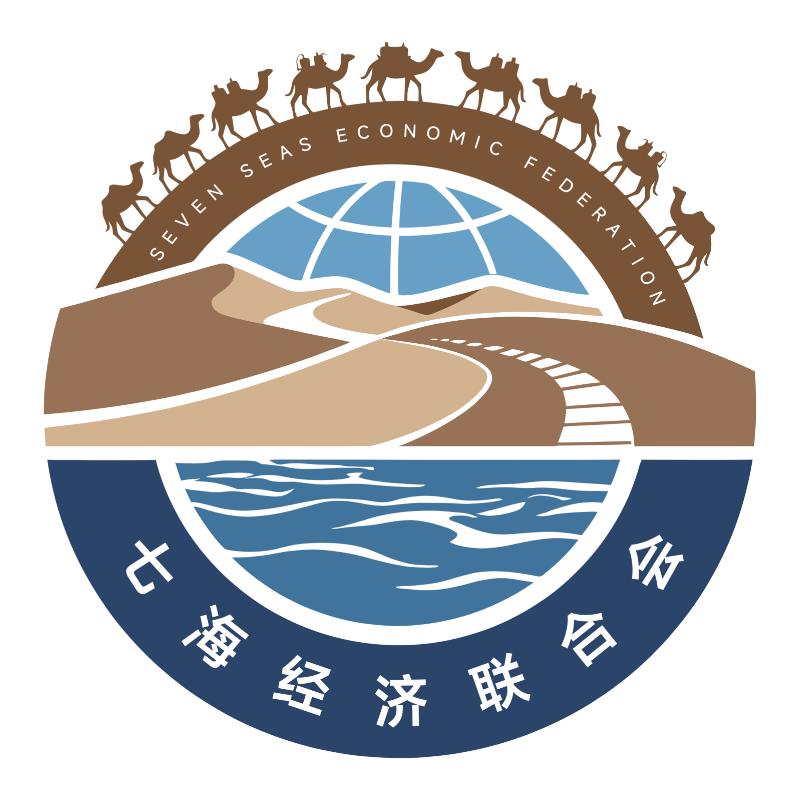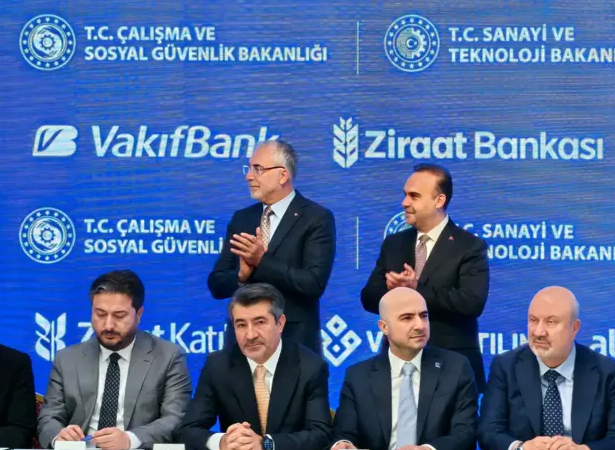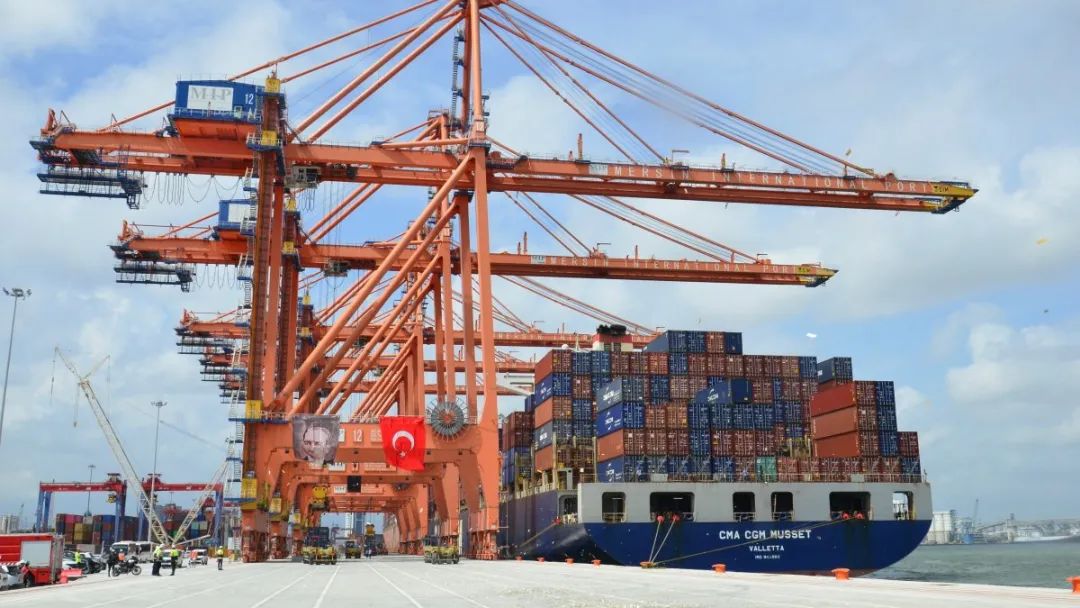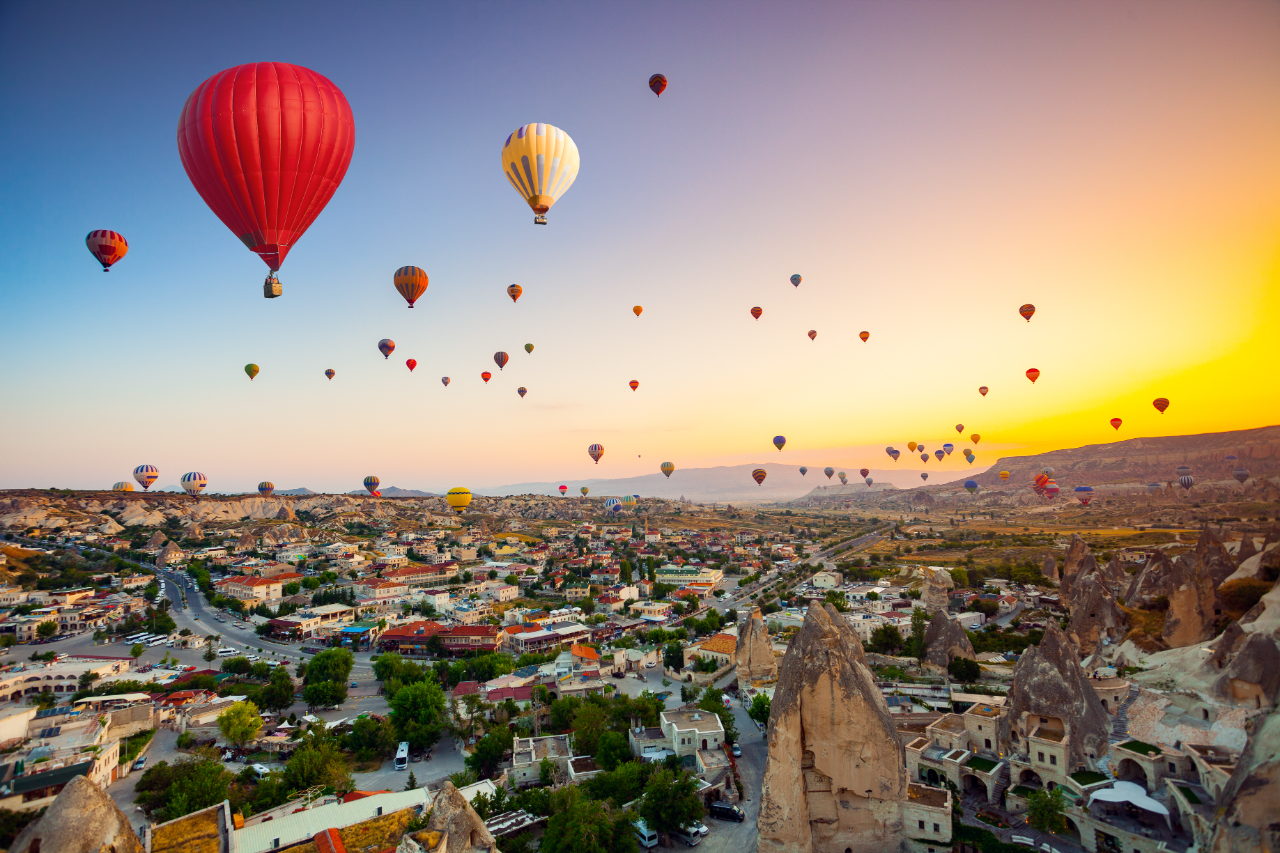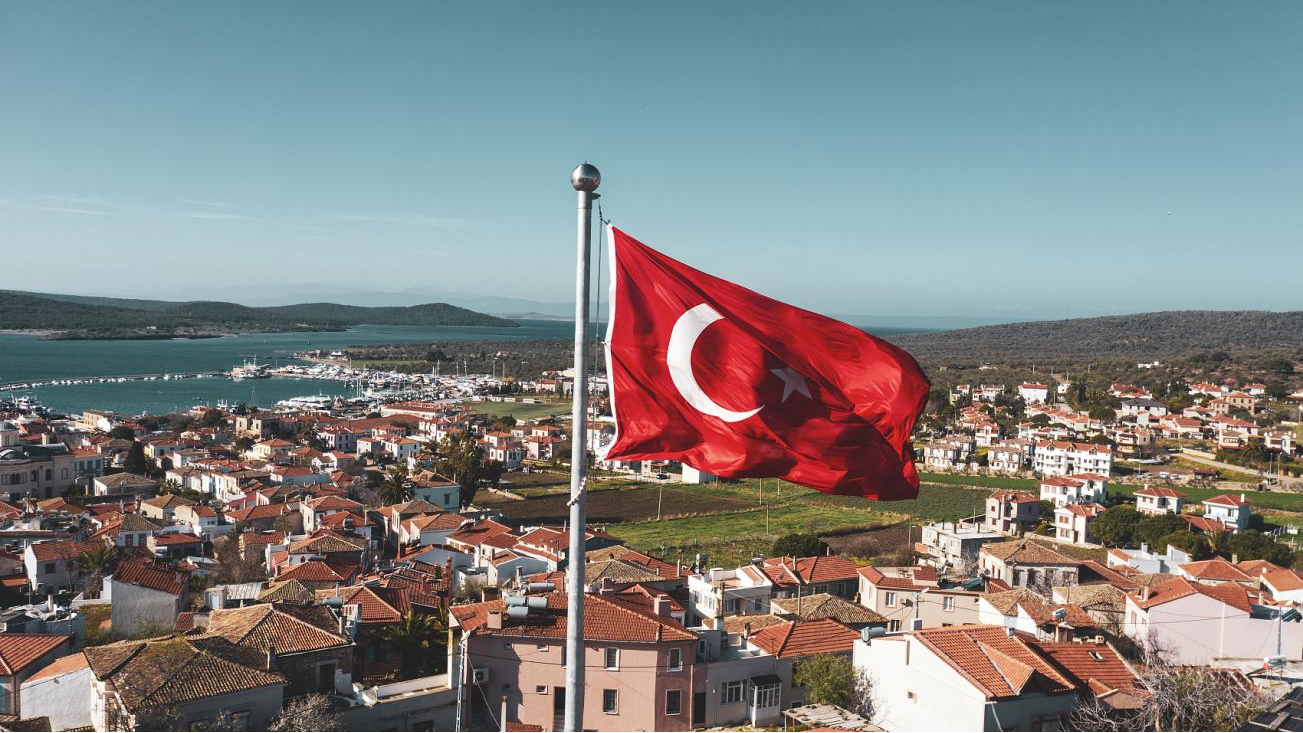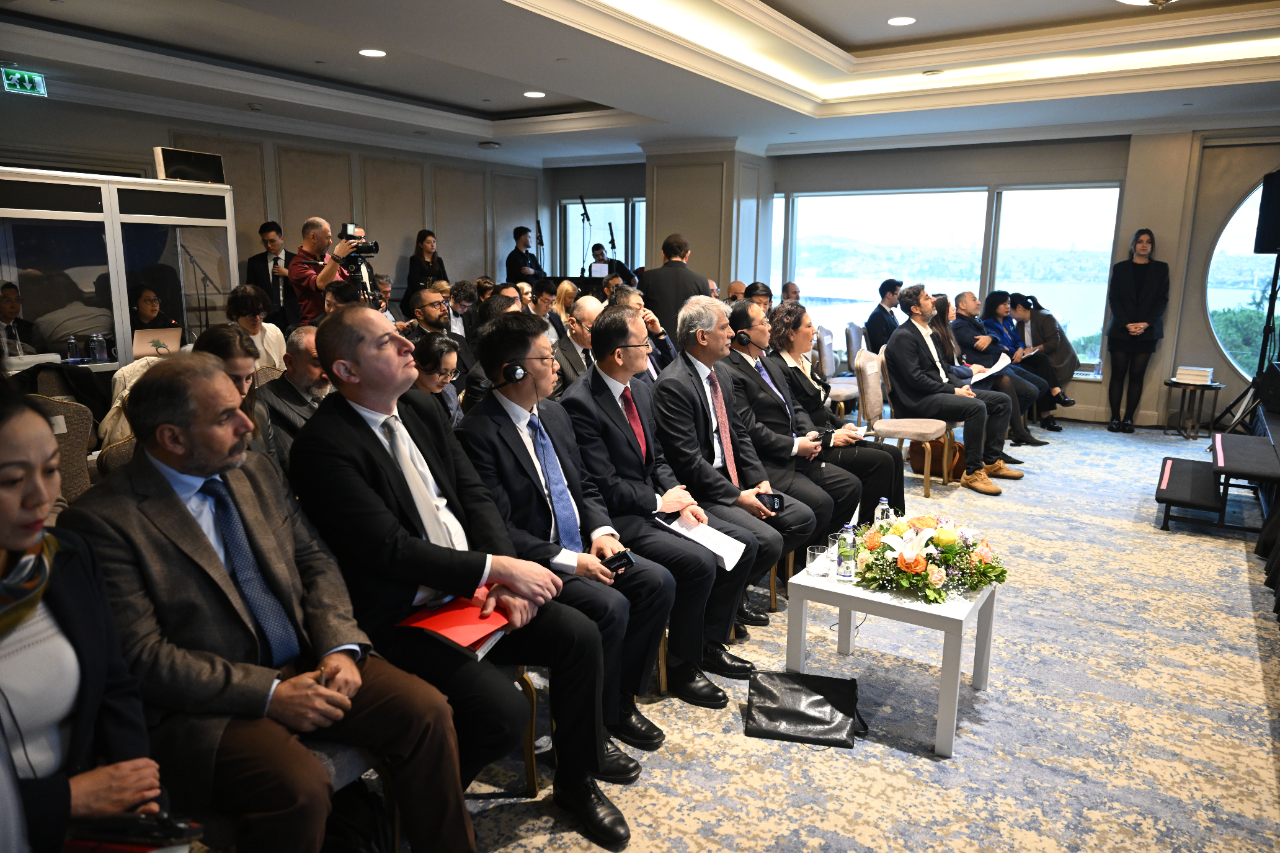Country Profile
1.1 Geographical Environment
geographic location
The Republic of Türkiye (hereinafter referred to as Türkiye) covers an area of 783,600 square kilometers, straddling both Asia and Europe. 97% of its territory is located on the Anatolian Peninsula in Asia, while 3% is situated on the Balkan Peninsula in Europe. It boasts a coastline of 7,200 kilometers and a land border of 2,648 kilometers, bordering Georgia, Armenia, Azerbaijan, Iran, Iraq, Syria, Greece, and Bulgaria. It is adjacent to the Mediterranean Sea, Aegean Sea, Marmara Sea, and Black Sea. The southern coastal region enjoys a subtropical Mediterranean climate, while the inland areas experience a continental climate. ①
population
As of December 31, 2019, the total population of Türkiye was 83.155 million, with males accounting for 50.2% of the total population and females accounting for 49.8%. In 2019, the population growth rate of Türkiye was 13.9%, the median age was 32.4 years, and the population density was 108 people per square kilometer. The main ethnic group is the Turkish ethnic group, accounting for more than 80% of the total population, followed by the Kurdish ethnic group, accounting for about 15%.
capital
The capital of Türkiye, Ankara, is located in the northwest of the Anatolian plateau and serves as the political, cultural, transportation, and trade center of the country. The city of Ankara is divided into two parts: the Old City and the New City. The Old City, centered around the ancient castle, still retains its Ottoman-era charm. The New City surrounds the Old City on three sides: east, west, and south. The Grand National Assembly and the main government departments are concentrated in the southern part of the city. In terms of administrative divisions, Türkiye is divided into provinces, districts, townships, and villages. The country is divided into 81 provinces, approximately 600 districts, and around 36,000 villages. The largest province in terms of area is Konya in the south-central region, while the smallest is Yalova in the west.
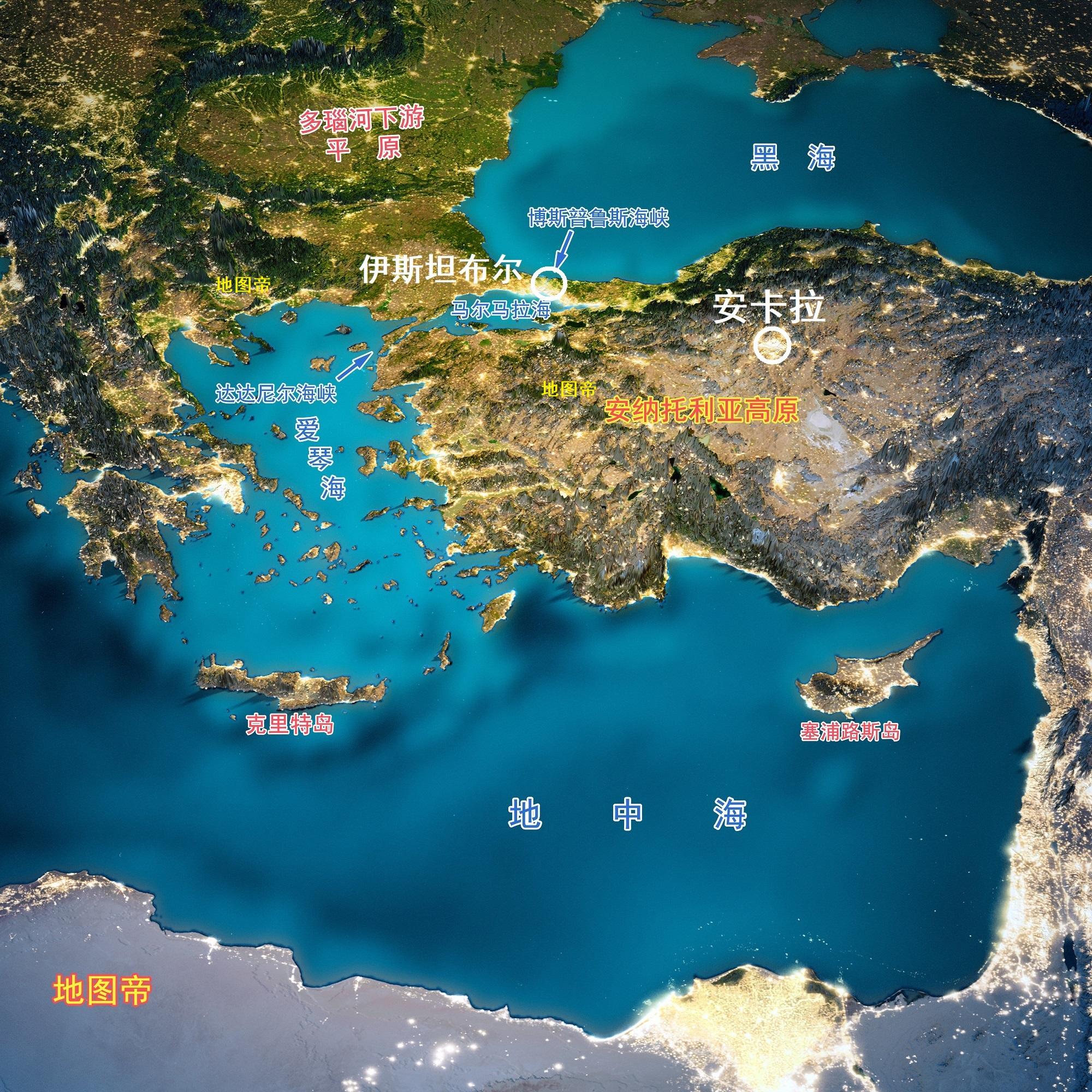
1.2 Political system
form of government
Türkiye has long practiced a parliamentary system in the past. On April 16, 2017, Türkiye passed a constitutional referendum to switch to a presidential system. On July 9, 2018, President Erdogan held his inauguration ceremony and appointed the Vice President and various government ministers, marking the official implementation of the new presidential system in Türkiye.
government
The Turkish government is also known as the Council of Ministers. On July 9, 2018, Turkey established its first government after the presidential system reform, marking the 66th government of Turkey. It consists of 16 departments, including the Ministry of Foreign Affairs, the Ministry of the Interior, the Ministry of Justice, the Ministry of Defense, the Ministry of Education, etc.
parliament
The Grand National Assembly of Türkiye is the highest legislative body in Türkiye, with a total of 600 seats. Members are elected based on the population ratio of each province, with a term of office of 5 years. A universal direct election system is implemented, and citizens over the age of 18 enjoy the right to vote and stand for election. Only political parties or political party alliances with more than 10% of the seats can hold seats in the parliament. The current parliament was elected in July 2018 and is the 27th parliament of Türkiye.
party
The multi-party system in Türkiye began in 1945. Currently, the main political parties include the Justice and Development Party (AKP), the Republican People's Party (CHP), the People's Democracy Party (HDP), the National Movement Party (MHP), and the Felicity Party (IYI). The AKP is the largest party in the Turkish Parliament. Established on August 14, 2001, it is a right-wing political party with a moderate Islamic background and is also the ruling party. Its headquarters are located in Ankara, and its current chairman is Recep Tayyip Erdoğan.
1.3 Judicial institutions
The central courts in Türkiye include the Constitutional Court, the Court of Appeals, the Administrative Court, the Judicial Disputes Court, and the Audit Court. Among them, the Constitutional Court possesses complete judicial independence and has the power to overturn parliamentary resolutions that are unconstitutional.
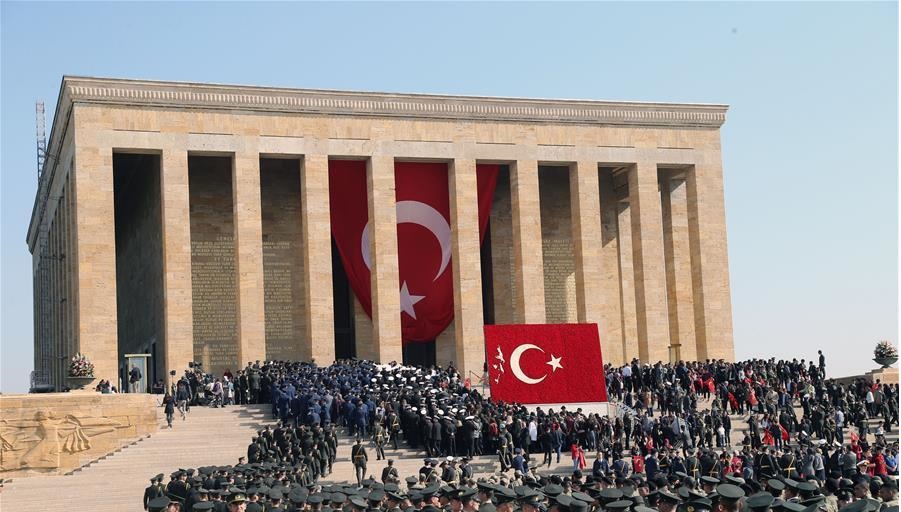
1.4 Diplomatic relations
Currently, Türkiye has established diplomatic relations with 174 countries and has 246 embassies and other diplomatic institutions abroad. Türkiye is a member of international and regional organizations such as NATO, the G20, the Organization of Islamic Cooperation, the Conference on Interaction and Confidence-Building Measures in Asia, the Organization for Security and Cooperation in Europe, the Developing Eight Countries Group, the Black Sea Economic Cooperation Organization, the Southeast European Cooperation Process, and the Cooperation Council of Turkic-speaking States. It is also a dialogue partner of organizations such as the Shanghai Cooperation Organization and the Association of Southeast Asian Nations.
China Turkey relations
On August 4, 1971, Turkey and China established diplomatic relations. Since the 1980s, there has been an increase in high-level visits between the two countries, and bilateral relations have developed rapidly. In 2010, the two countries established a strategic cooperative relationship; in 2015, they established an intergovernmental cooperation committee mechanism responsible for coordinating bilateral cooperation in political, economic, trade, security, and humanitarian fields, and signed the Memorandum of Understanding on the Alignment of the "Belt and Road" Initiative and the "Middle Corridor" Initiative in the same year, providing important support for both sides to promote cooperation in various fields within the framework of the "Belt and Road" Initiative. In recent years, high-level exchanges between the two countries have been frequent, economic and trade cooperation, as well as cooperation on major projects, have developed steadily, and both sides have successfully cooperated on projects such as the Ankara-Istanbul High-Speed Rail Phase II, the Salt Lake Underground Natural Gas Storage, the Comprehensive Development of Kazan Natural Soda, the Rail System Vehicle Project, and the Hunutlu Coal-Fired Power Plant.
Relations with Europe
Since 1959, Türkiye has been committed to becoming a full member of the European Coal and Steel Community (the predecessor of the European Union). In December 1999, at the European Council in Helsinki, Türkiye was officially recognized as a candidate country for membership. Negotiations to join the EU were initiated on October 3, 2005, but Türkiye has not yet joined. Currently, Türkiye and the EU have established the Türkiye-EU Summit mechanism, through which both parties regularly engage in high-level dialogues on energy, economy, transportation, combating terrorism, and other issues, continuously exploring the potential for bilateral cooperation. In Europe, Germany is an important ally of Türkiye, and both governments share a common willingness to strengthen bilateral relations in various fields.
Relations with Germany
Turkey and Germany have long maintained close ties, particularly in terms of stable cooperation in politics, economy, military, and humanities. The two countries regularly engage in high-level mutual visits and technical-level contacts. In recent years, German Chancellor Angela Merkel has made multiple visits to Turkey, with the most recent being a working visit to Istanbul on January 24, 2020.
Relations with the UK
Turkey and the United Kingdom share similar views on addressing many international and regional issues and seek solutions through consultations. The "2010 Strategic Partnership Document" signed during Prime Minister Cameron's visit to Turkey in July 2010 has become a roadmap for strengthening the strategic partnership between the two countries, covering a wide range of cooperation areas.
1.5 Social and humanities
Chinese enterprises investing in Türkiye need to understand the basic social and cultural information of the local area in order to better carry out investment cooperation.
Ethnic groups: Turkish, Kurdish, and other ethnic minorities. Official language: Turkish
Currency: Turkish lira (abbreviated as "lira")
Religion: 99% of the residents adhere to Islam, of which 85% belong to the Sunni branch, while the rest are Shiites (Alawis); a minority follows Armenian Orthodox, Greek Orthodox, Judaism, Catholicism, etc.
National flag: It is rectangular, with a length-to-width ratio of 3:2. The flag is red, and on the side near the flagpole, there is a curved white crescent moon and a white five-pointed star.
National anthem: "March of Independence"
National Day: October 29th
Education: Basic education is compulsory, with a school system of four years each for primary and junior high school. Children aged 7 to 14 must attend school. There are currently 174 universities, with renowned institutions such as Middle East Technical University, Boğaziçi University, Istanbul University, Ankara University, Bilkent University, Aegean University, and Hacettepe University.
Technology: Emphasis is placed on building the country through technology, with research and development expenditures increasing year by year. The focus of scientific research lies in basic scientific research, encompassing fields such as agriculture, forestry, healthcare, biotechnology, nuclear technology, mining, the IT industry, and national defense. Medical insurance covers most urban areas.
Customs:
● Turkish society is diverse and open. Due to its geographical location, historical ties, and application for EU membership, locals are accustomed to viewing themselves as Europeans rather than Asians. Clothing is a mix of Western-style attire and traditional Islamic clothing, with most people wearing Western-style clothing, and most women not wearing headscarves or burqas. It is appropriate to wear formal suits in business settings, and women should avoid wearing sleeveless clothing.
When meeting or parting with family members, friends, or colleagues, they often exchange a cheek kiss, touching each other's cheeks on both the left and right sides. People who are close to each other may even make a slight kissing sound during the cheek kiss.
It is advisable to make an appointment in advance and arrive on time when visiting guests.
● They prefer strong coffee and tea with sugar. They enjoy eating beef, mutton, and fish, but avoid pork and patterns made of pigs, cats, and pandas. Except for some traditional restaurants, alcohol is allowed in other settings. Smoking is prohibited in all indoor public places. Tipping is common in public places such as hotels, restaurants, and airports.
